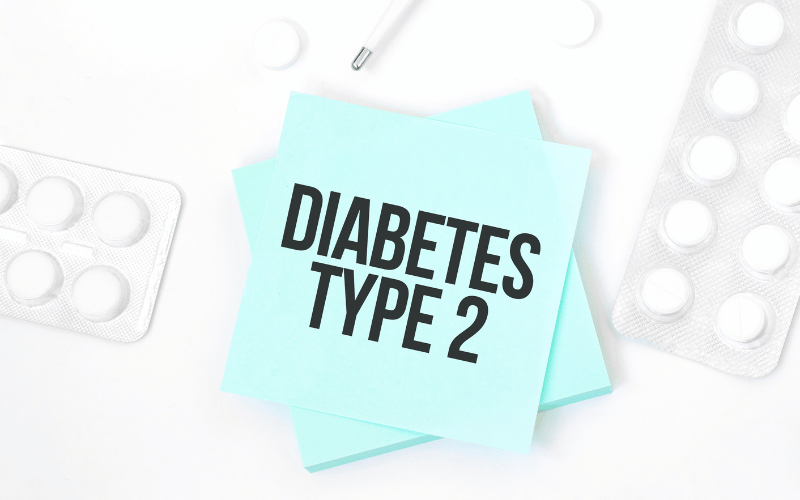Introduction: Navigating the Symptoms of Type 2 Diabetes in Men
Type 2 diabetes often creeps in silently, making its presence known through various subtle signs. Men, in particular, experience a unique set of symptoms that, if ignored, can lead to severe complications.

Understanding these signs is crucial for early intervention and effective management of the condition. Over the next sections, we will explore the 10 specific symptoms of Type 2 diabetes in men, aiming to equip you with the knowledge needed to identify and act upon these signals.
Living with Type 2 diabetes requires a keen awareness of your body and its signals. Symptoms might be subtle and easily dismissed, but they hold critical information about your health.
Men might experience these signs differently than women, highlighting the importance of tailored awareness and response. Early detection and action can significantly impact your ability to manage this condition and maintain a high quality of life.
Embarking on this journey to understand Type 2 diabetes and its symptoms is a proactive step towards taking control of your health. The symptoms range from the commonly known, such as increased thirst and urination, to the less discussed, including mood swings and sexual dysfunction. We will delve into each symptom, unraveling its layers, offering context and guidance, and ensuring you are armed with the knowledge needed to navigate this condition.
In the following sections, each symptom is explored in detail, broken down into digestible parts, providing a comprehensive look at how Type 2 diabetes manifests in men. By the end, you will have a clear understanding of what to look out for and when to seek professional advice.
1. Unquenchable Thirst and Frequent Urination: A Vicious Cycle

Type 2 diabetes can wreak havoc on your body’s normal functioning, and one of the first signs is often a significant increase in thirst and urination. It all starts when there’s too much sugar circulating in your bloodstream. Your kidneys, working tirelessly, try to filter out this excess sugar.
The filtering process pulls water from your tissues, leaving you feeling dehydrated and thirsty. Naturally, you drink more, and in turn, you urinate more. It becomes a relentless cycle that disrupts your daily life and sleep patterns. You might find yourself waking up multiple times during the night, a particular red flag that something’s amiss.
This frequent urination and constant thirst can leave you feeling fatigued and irritable. You’re in a constant state of rehydration, yet it never seems to be enough. The body is sending out an SOS, alerting you that sugar levels are consistently high and immediate action is needed.
If these symptoms sound familiar, don’t dismiss them as mere inconveniences. They’re clear indicators that your body is struggling to maintain balance. Consulting a healthcare professional at this stage is crucial. They can conduct the necessary tests and guide you on the next steps to take. (1)